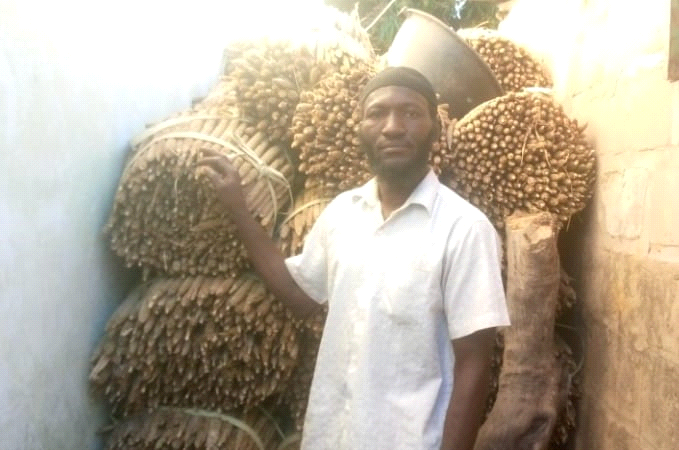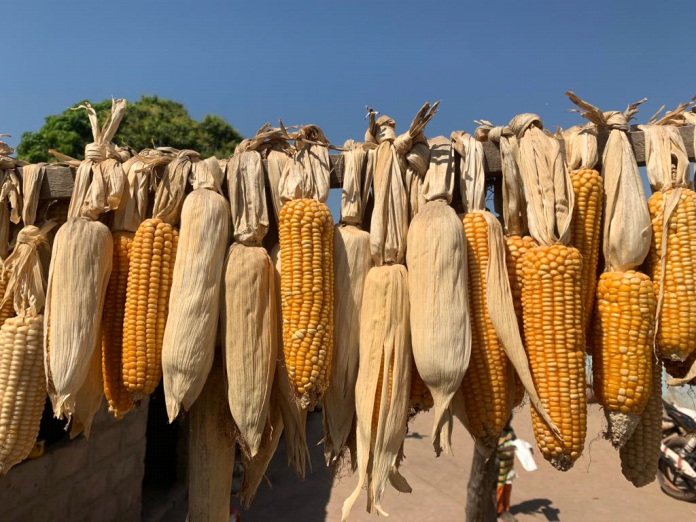By: Aja Musu Bah in Wuli
As millet forms a greater part of the predominant foods consumed by people in the Gambia, it is therefore lamentable by most farmers in Wuli West in the Upper River Region (URR), that this year’s (2022) season has yielded them low harvests, regarding this particular crop.
Millet and maize in rural Gambia is used for daily meals and is highly depended upon by family heads; hence the prime crops that most family heads mainly engaged in cultivating.
Fertilizer on the other hand contributes to high yields of crops, thereby complementing good harvests.
Speaking on this year’s farming challenges; Lamin Jawneh from Wuli Sutukonding, said there was abundant rainfall which farmers prayed for during the last rainy season. He however, he added that rains were not fully complemented due to the unaffordability of fertilizer and other farm equipment.
“It has been more than 400 years since our lands were used for farming, and now soil fertility has been greatly reduced. In order to have good produce from these farms, fertilizer should be affordable to farmers whose livelihood entirely depends on agriculture,” Mr Jawneh said. He asserted that President Barrow calls on Gambians to go back to the farms and embrace agriculture for the nation to be food self-sufficient. But said this cannot be realised if the government does not ease the burden on farmers.
The septuagenarian said: “I have been farming millet all my life and I am still poor. That means farming in the Gambia is not lucrative and encouraging because I used to have ninety bundles of millet but I can only have twenty bundles this year.”
Also speaking was Ebrima Fatty of Kulari, who affirmed that there are a lot of millet farmers in their village but majority of them cannot have a bumper harvest because they cannot afford the high price of fertilizer.
“Last year (2021), a bag of fertilizer cost D700 but the price suddenly skyrocketed to D2,200 making it extremely difficult for farmers to afford. And this unaffordability of fertilizer is responsible for some major crop failures this year across the region,” Fatty said. He went on to appeal to the government to review and reduce the cost of fertilizer to its normal price, saying he was able to afford one bag which he used on his farm land, which usually takes two bags of fertilizer.
Muhammed Jawara of Sutukonding cited the fact that he only harvested 54 bundles of millet in this year’s season out of 85 bundles which he normally has on a yearly basis, is a major concern and challenge to their livelihood.

Muhammed Jawara at his millet store.
“Having tools such as tractor, hoe, cultivator, combine machines, animals for farming and amongst other relevant tools were hard to have during farming. Fertilizer was the challenging element as its prize was a knock on our heads,” Jawara said; that they highly depend on millet, maize and sorghum for their three square meals as most of them cannot continuously afford a bag of rice.
Nonetheless, they collectively urged the government and relevant stakeholders to bow to the needs of farmers as the agricultural sector must be the prime area of focus if a country should be developed. They added that farmers should have been among the richest people in the country, but they said that cannot be functional because the promises to farmers in terms of affordable fertilizer and easy access to farming tools are always fruitless.


















